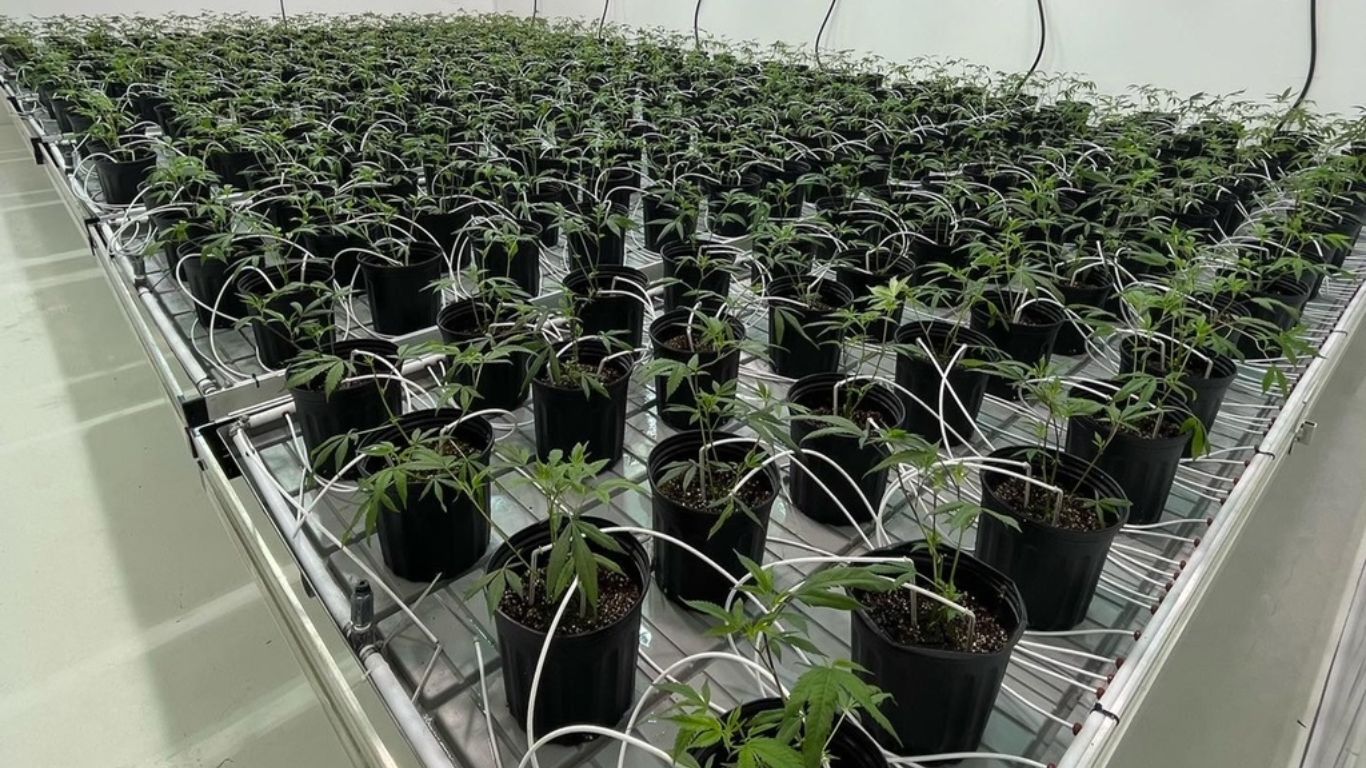
Health Canada’s Drug Analysis Service (DAS) identified 29 new psychoactive substances in 2022 within the country, including four cannabinoids.
The findings also identified eight hallucinogens, seven sedatives/hypnotics, five stimulants, two dissociatives, two opioids, and one other substance.
DAS operates several laboratories that analyze suspected illicit drugs seized by Canadian law enforcement agencies and samples submitted by public health partners. Health Canada warns that synthetic cannabinoids have been associated with adverse effects, including psychosis, hallucinations, and even fatalities.
The newly identified cannabinoids were all synthetic cannabinoids (cannabimimetics), in either powder form or residue. Those four were 4-fluoro-MDMB-BICA, ADB-BUTINACA, ADB-FUBIATA, and BZO-4en-POXIZID.
The first three of these synthetic cannabinoids exhibit effects that are similar to delta-9-tetrahydrocannabinol (THC) and have the potential to be more potent than THC. The fourth, BZO-4en-POXIZID, was first developed in 2008 with the goal of targeting specific (non-psychoactive) therapeutic effects as a treatment for neuropathic pain.
All four are classified as Schedule II in the Controlled Drugs and Substances Act.
The first NPS identifications in 2022 of these cannabinoids were in Saskatchewan, British Columbia, and Quebec.
The 4-fluoro-MDMB-BICA was first identified in Nanaimo, BC, in October 2022, along with ADB-BUTINACA.
ADB-BUTINACA was first found in Regina, SK, in July, co-occurring with Caffeine, Eutylone (ß-keto-Ethylbenzodioxolylbutanamine), and Xylazine.
ADB-FUBIATA was detected in Vancouver, BC, in July and was identified with α-PiHP (α-Pyrrolidinoisohexanophenone), Caffeine, Cocaine, Diphenhydramine, Etodesnitazene, Fentanyl, and Metonitazene.
BZO-4en-POXIZID was first identified in Lavaltrie, QC, in November, co-occurring with Caffeine, Fentanyl, Methamphetamine, and Xylazine.
DAS data is solely based on samples submitted to Health Canada laboratories.
Health Canada defines a new psychoactive substance (NPS) as a substance that has the potential to induce psychoactive effects, and has been identified in Canada for the first time in samples submitted to DAS for analysis by law enforcement agencies and public health partners.












